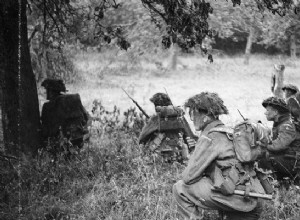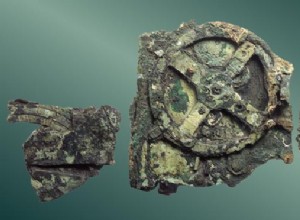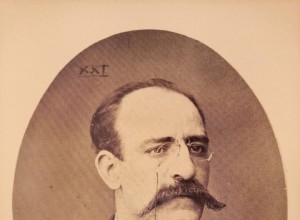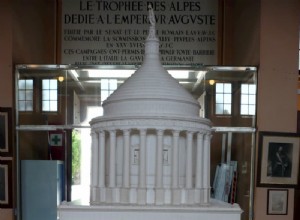The fighting around the city of Caen in Normandy began immediately after the landing of the Allied forces. British and Canadians attempted to capture the city immediately but failed. However, the Germans also failed to expel the opponents from the territory that the latter had occupied. Despite t




